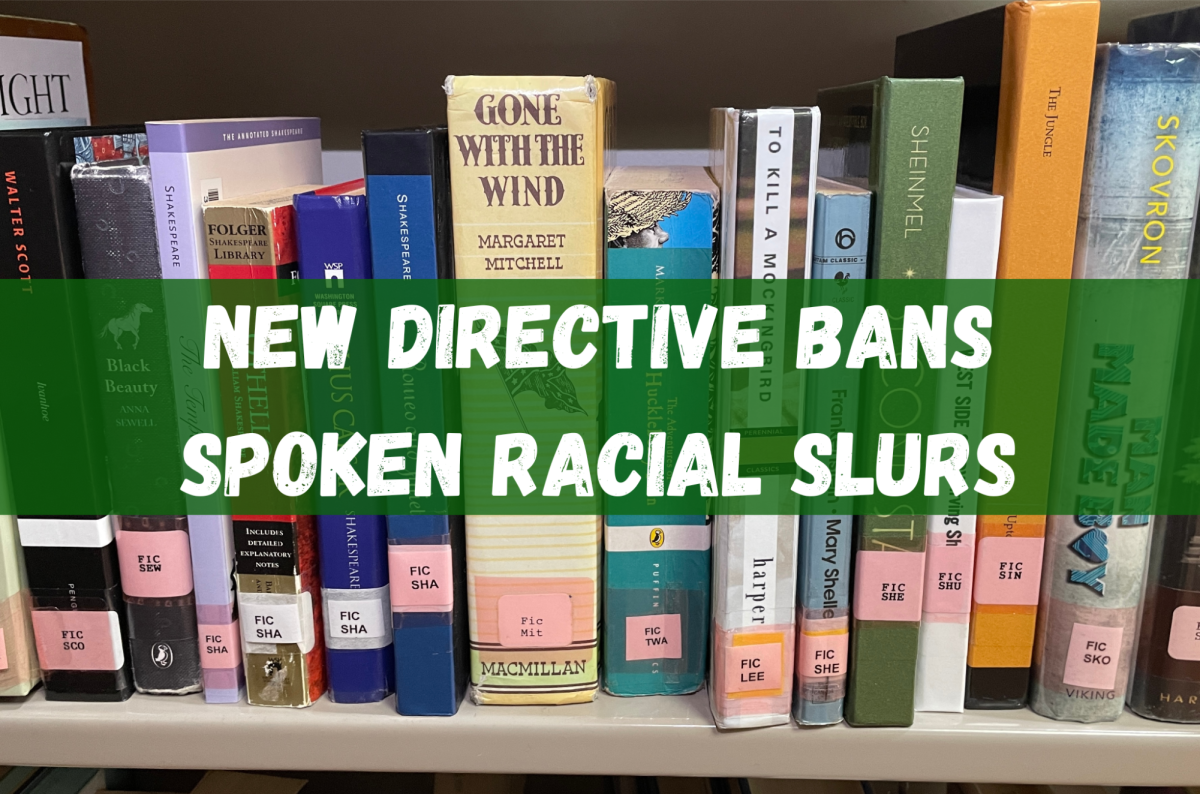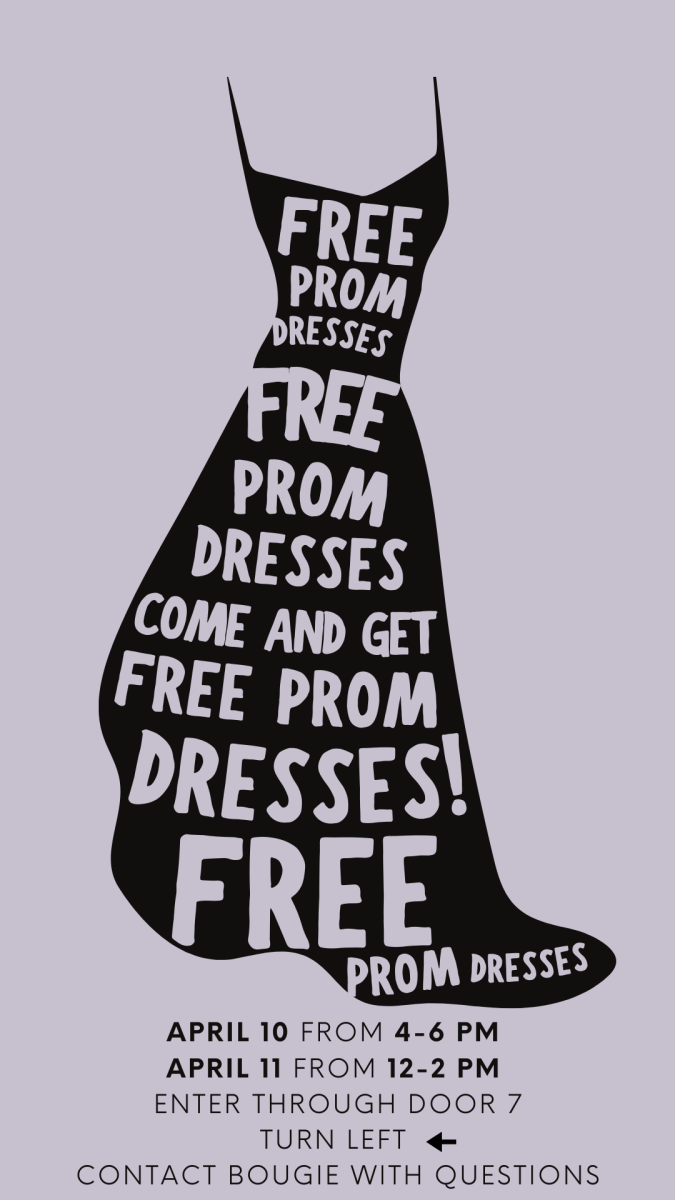Recently, the Oshkosh Area School District (OASD) instituted a new directive district-wide to prevent the use of auditory racial slurs or epithets in the classroom, stating that any racial slurs or epithets should be skipped over or omitted when read aloud or played in audio or video.
The directive states, “Under no circumstances should a teacher or faculty member use racial slurs or epithets. If a racial slur or epithet appears in a text or literature that is being read aloud during class by a teacher or student, the word should be skipped over or omitted.”
The seeds of the directive began when Oshkosh West’s Black Student Union (BSU) spoke about their experiences as children of racial minorities to the REAL Oshkosh Group, which stands for Racial Equity, Advocacy, and Leadership, with OASD leadership present.
In these conversations, the West BSU shared many experiences and feelings regarding their perception of injustices and prejudices in schools.
“It’s like the minority students are getting worse punishments and bigger punishments than their white peers and I think that’s what we’re trying to talk about and trying to push different things to say, ‘Hey, it’s not fair that the color students are getting punished more severely than our white peers.’ And then when we try to take it up with principals or even higher administration, they’re basically just shutting the doors,” said West BSU member Sophia Strom.
In a follow up meeting, several members of the BSU spoke about their experiences hearing racial slurs read aloud in the classroom or played in films or in audio. They shared that it made them feel unsafe in the learning environment.
When this information then reached the desk of the Director of Secondary Schools, Jacquelyn Kiffmeyer, she believed the directive would benefit the learning environment for all minorities.
“I can’t find any benefit educationally, social, emotionally, development of a child, for saying that racial slur, but there has been harm because of that,” said Kiffmeyer. “And so if we can accomplish the goals and the standards we are trying to cover by not using [racial slurs], then why wouldn’t we?”
While BSU members appreciated the directive, they do not take credit for its creation.
“It wasn’t really ever us making the policy… [It was more like] Hey this is what we came up with, this is the problems that we are having that we are facing everyday. These are some possible solutions we thought of, but do it in your own way,” said Micah Troedel, the student president of West High’s BSU.
In the aftermath of this directive, teachers have begun to independently reflect on the books they allow students to read independently in their class which contain racial slurs such as “To Kill A Mockingbird” by Harper Lee and “Huckleberry Finn” by Mark Twain, despite the fact that it is not required by the policy itself. These reflections are supported by the District though, which is always open to offering financial aid and support to new materials that further the education of students.
“If [teachers] were reflective and said I can accomplish my standard, my goal, my outcome by using a different book or choice book, they would just go to their principal, media specialist, or even to myself and ask for some funding to be able to replace those books,” said Kiffmeyer.








